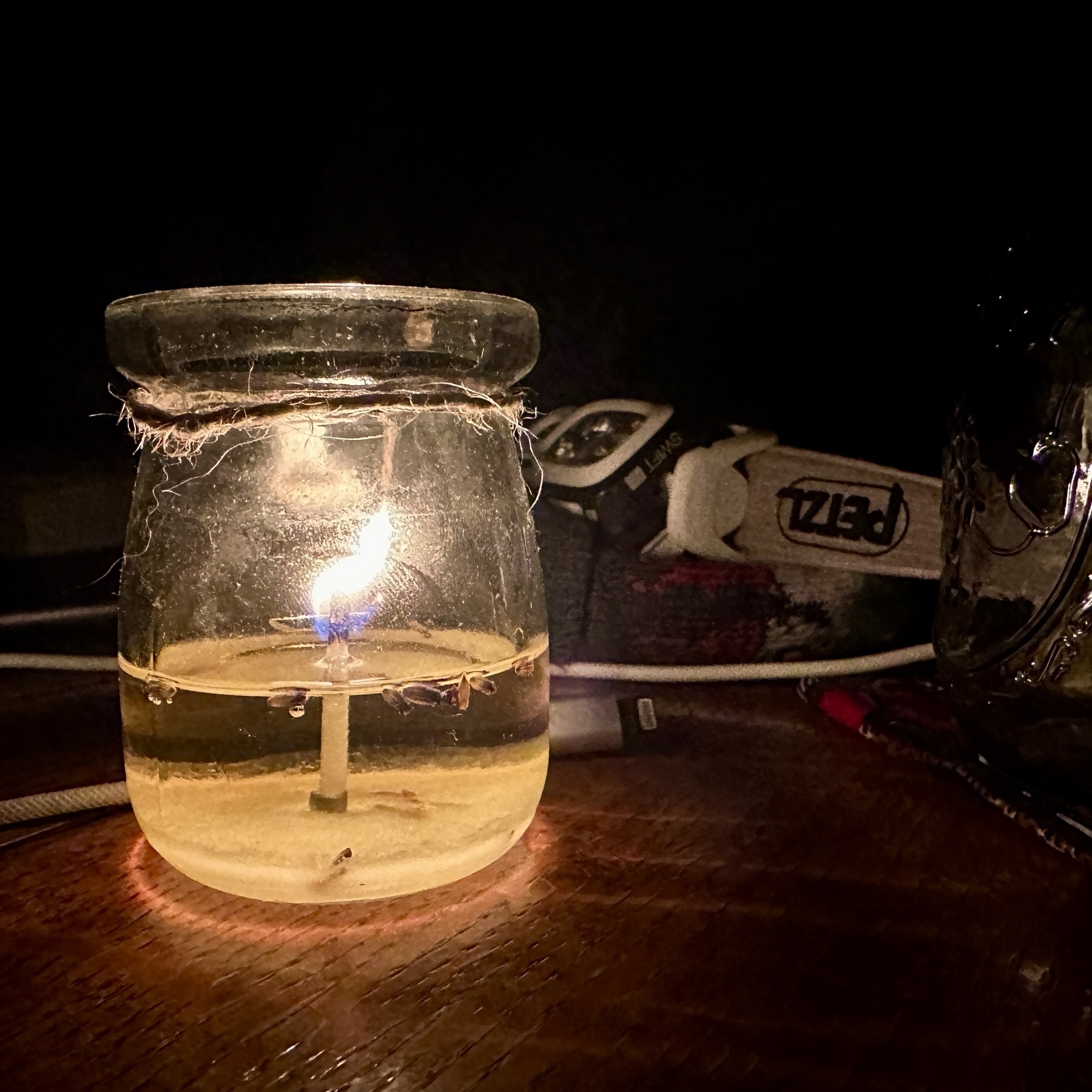I love idea of “moral odysseys” (taken from Ryan S. Olsen). I’ve written bits and pieces here and there, but it would be fun to sit down and sketch out my own moral odyssey thus far. In any case, there’s a great deal to be said about the willingness to have an odyssey of the moral life at all — and, frankly, about the joy there is in it. (See here and here, for example.)
I always assumed that if the American right were to embrace an authoritarian spouting Christian platitudes, that figure would labor to feign authenticity. He would teach himself to quote scripture by chapter and verse and provide all the right answers to questions about his relationship with God when asked. Evangelicals would be able to sniff out a phony, and would righteously despise him for his cynicism in trying to exploit their faith. So he’d need to present a convincing portrait of a follower of Jesus to earn their trust.
That assumption was naive.
The polish applied in adjectival designation inclines one to believe that a definition has been achieved, a conclusion won. A pile of qualities furnishes a synoptic view of the whole, and so begins the slippage from the conditional mood to the declarative. […]
Imagine now a state of affairs in which the confident, naive realism of the whole profiling agenda cements and democratizes itself in mainstream culture, where people become psychometric natives and, owing to a peculiar sort of Stockholm syndrome, learn to enjoy it—even invest themselves in assessments as an avenue of self-discovery and well-being. Imagine that, and you will have imagined the scene today…
It’s all in the ears
“Fear and vigilance are not the bedrock of healthy communities.”
Portland cityscape, post ice storm

He he. Locals…

In Maine
whether it rains or it snows,
or any time the wind blows,
there can be little doubt
the power will go out

I dreamed a dream in time gone by,
When hope was high and life, worth sniffing.

The “golden legend” and the “black legend” are mirror opposites, but they ultimately reinforce one another. The first sees the dictator as the epitome of power and grandeur. The latter sees the dictator as fragile, insecure, and compensatory. Both focus on the dictator’s personality. Together, they lead us back to that certain kind of military history buff and the obsession with “great man” history. Gillray’s cartoons are hilarious, but they imply that dictatorship is a therapist’s problem, to be explained by attention to the Napoleonic psyche. Scott’s Napoleon is more of the same, only less funny. But what of the social and cultural forces that led millions of French men and women to accept, and often enthusiastically celebrate, Napoleonic rule?
Mutatis mutandis and whatnot. Speaking of which, I think this tracks incredibly well with Jonah Goldberg’s recent piece, Bloodbaths, Blunders, and Blowback. As Nick Cotaggio put it, “‘Fake but accurate’ is not a thing.”
This may matter more than anything else this year.